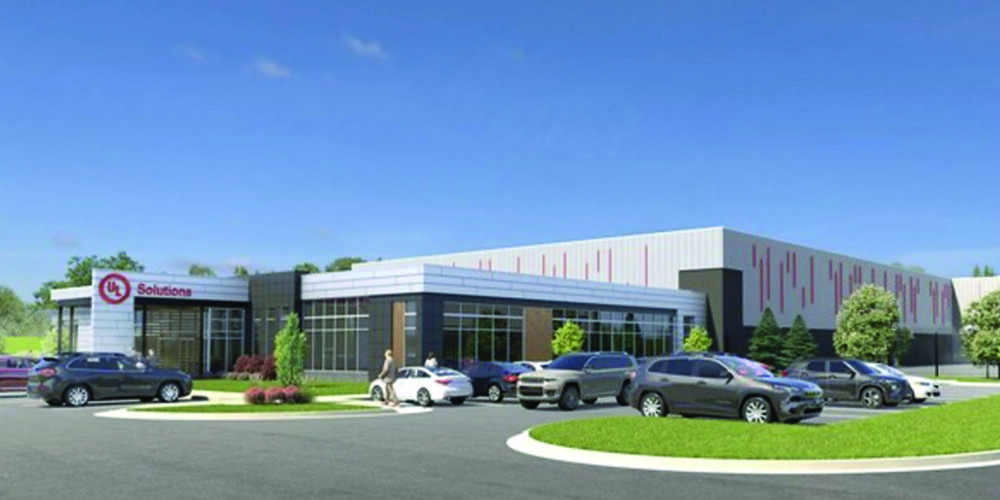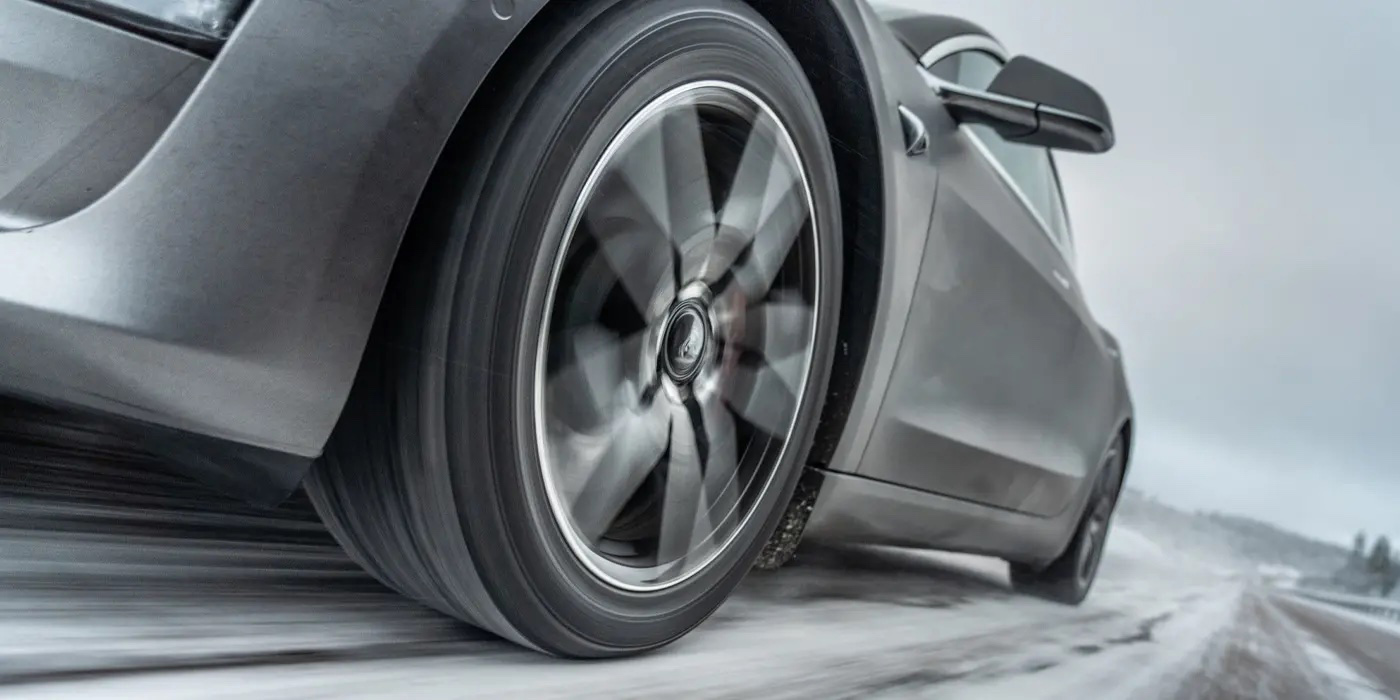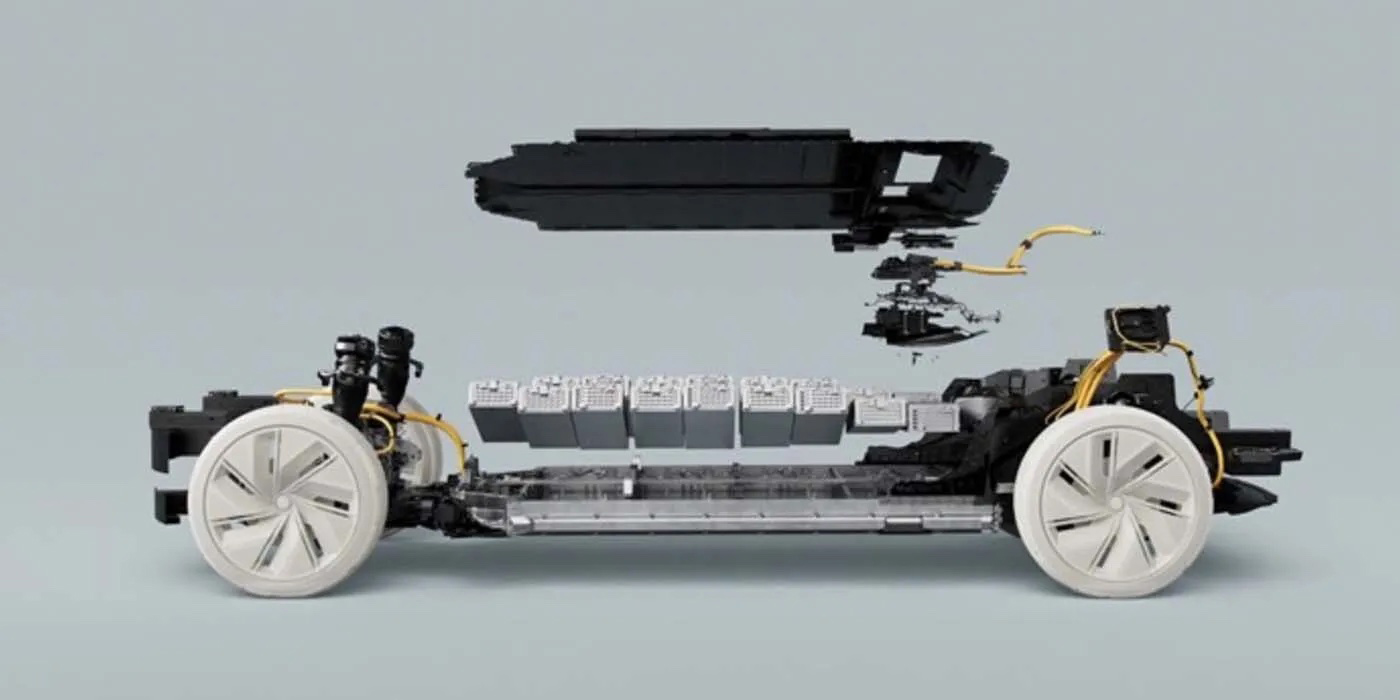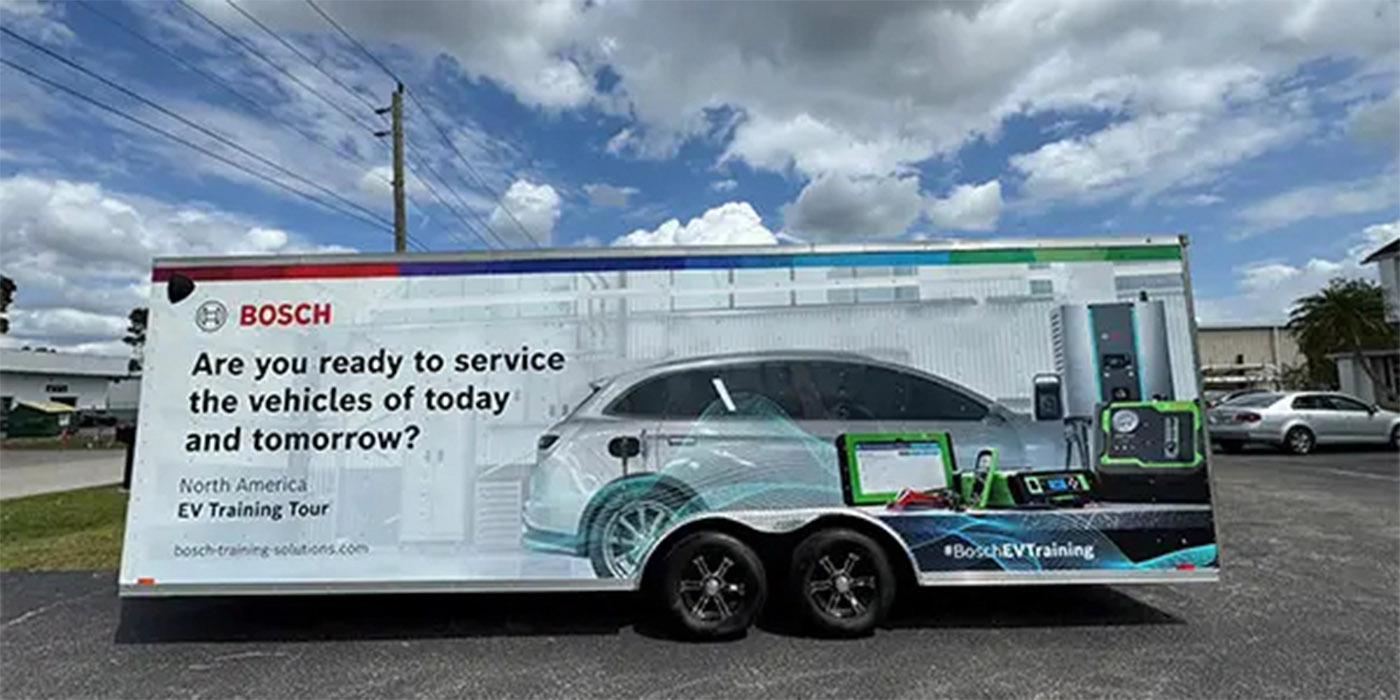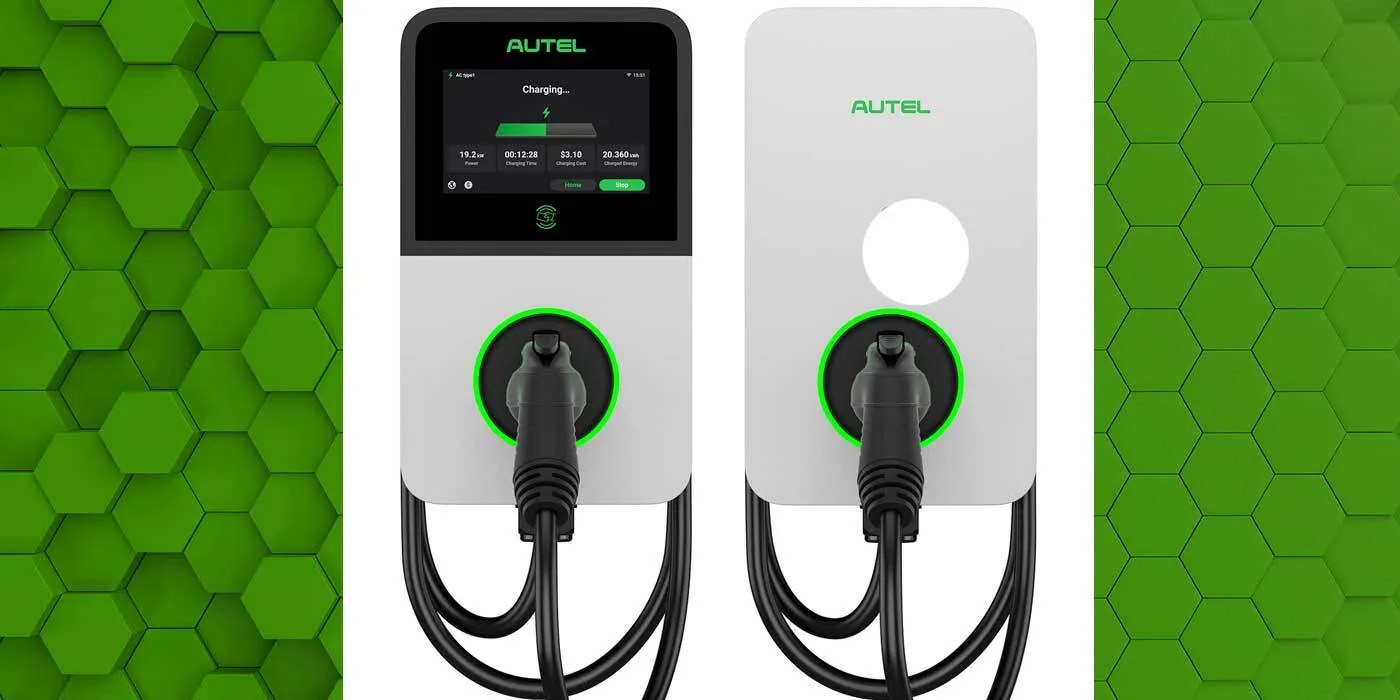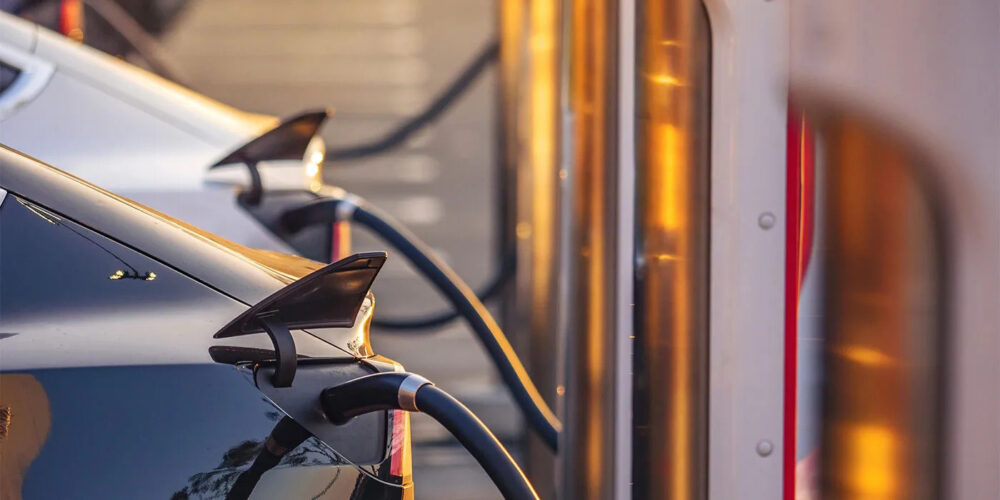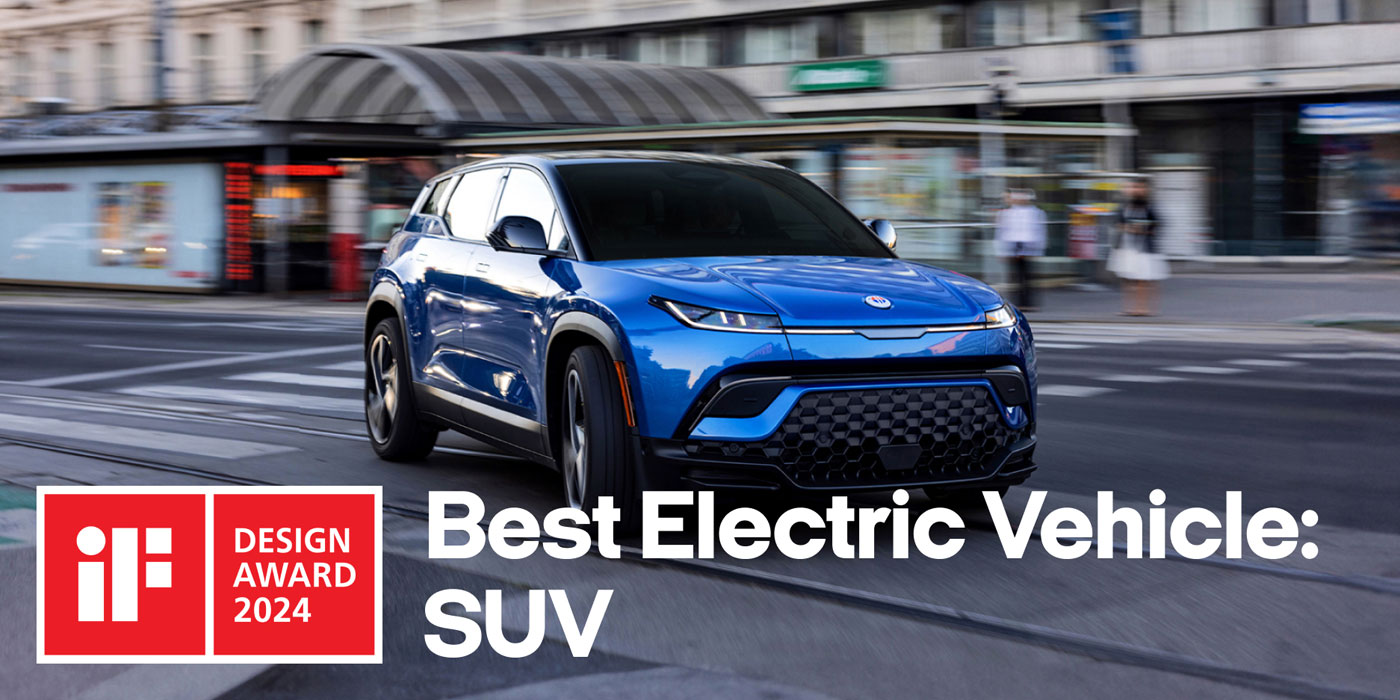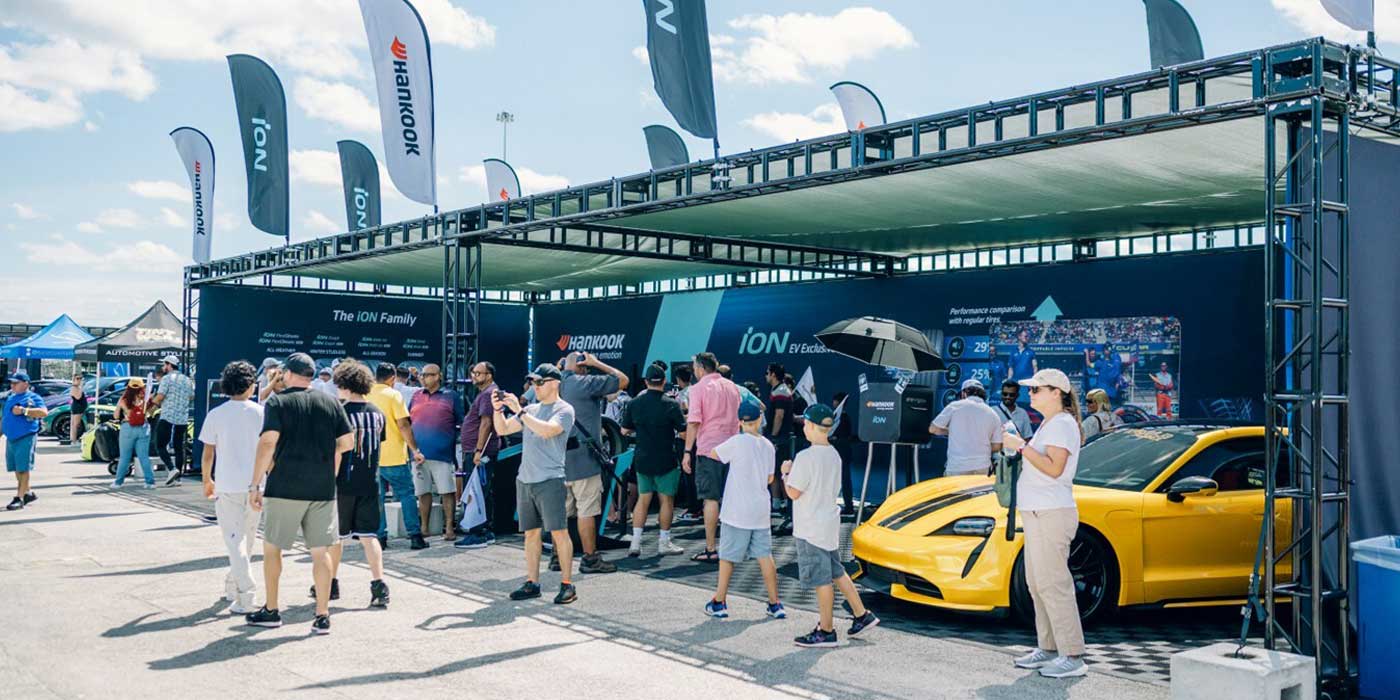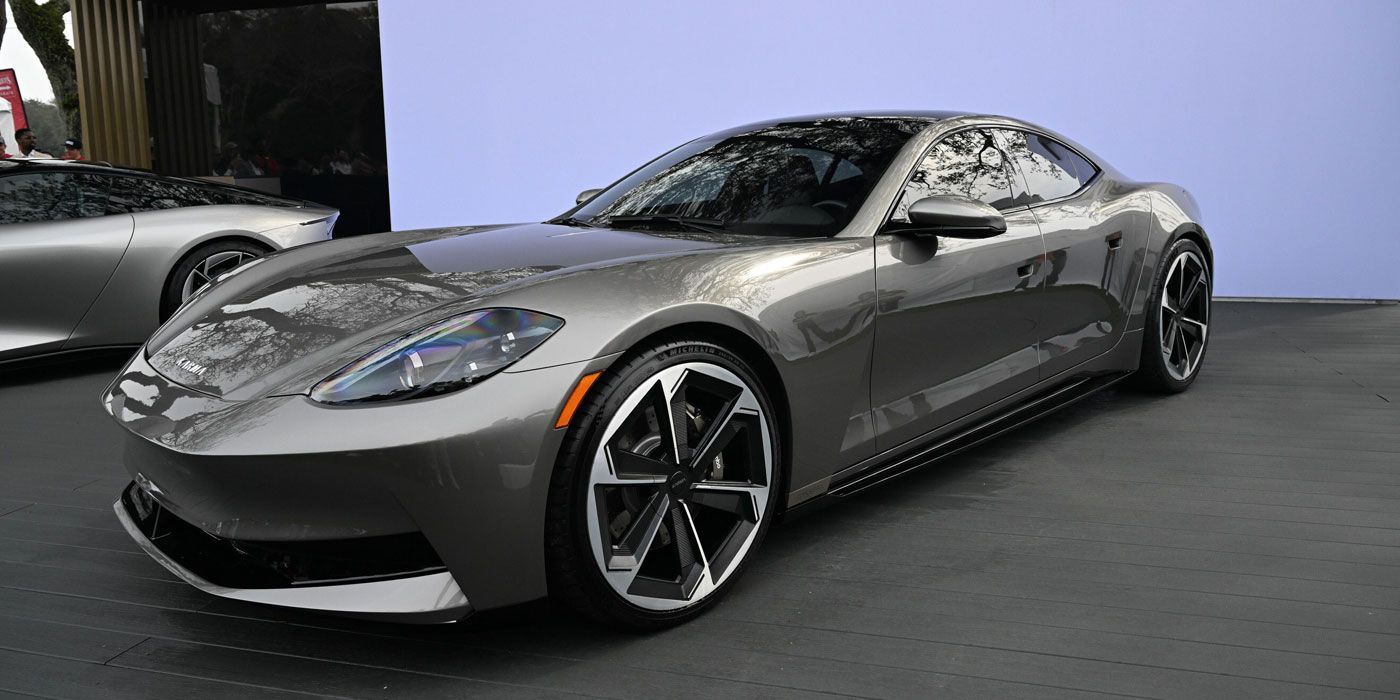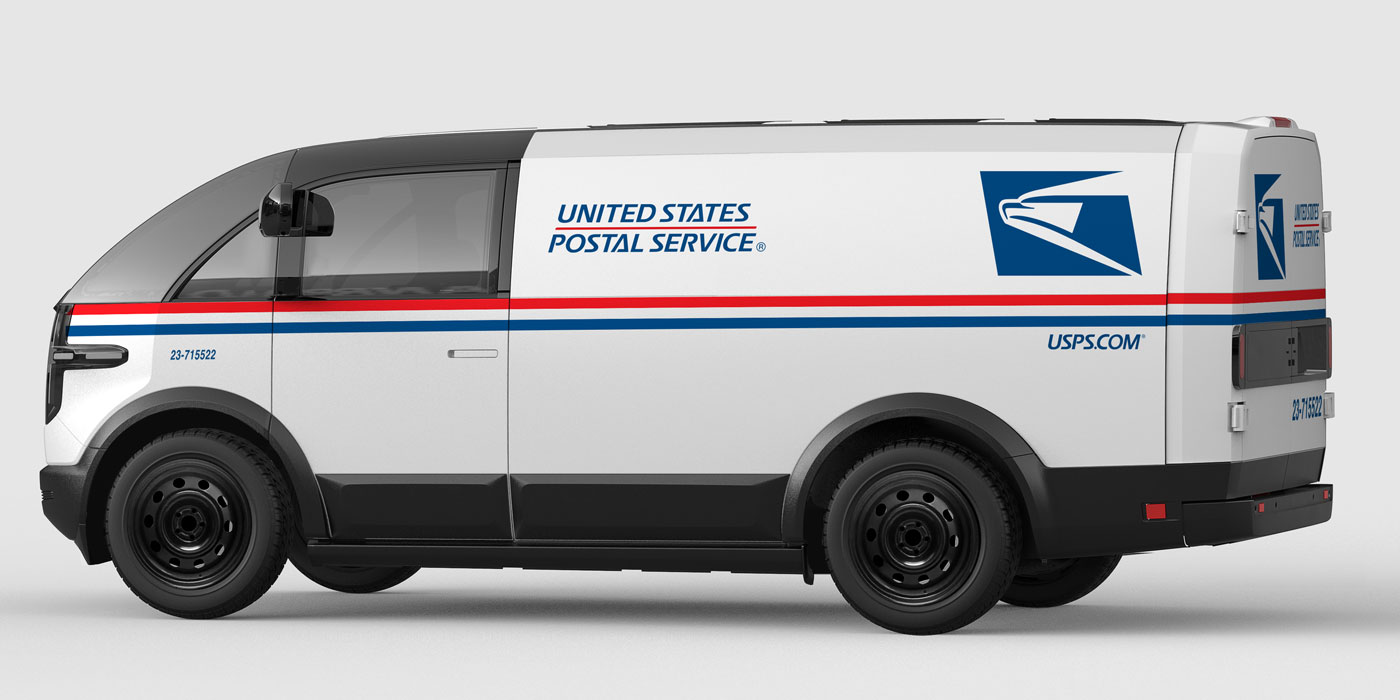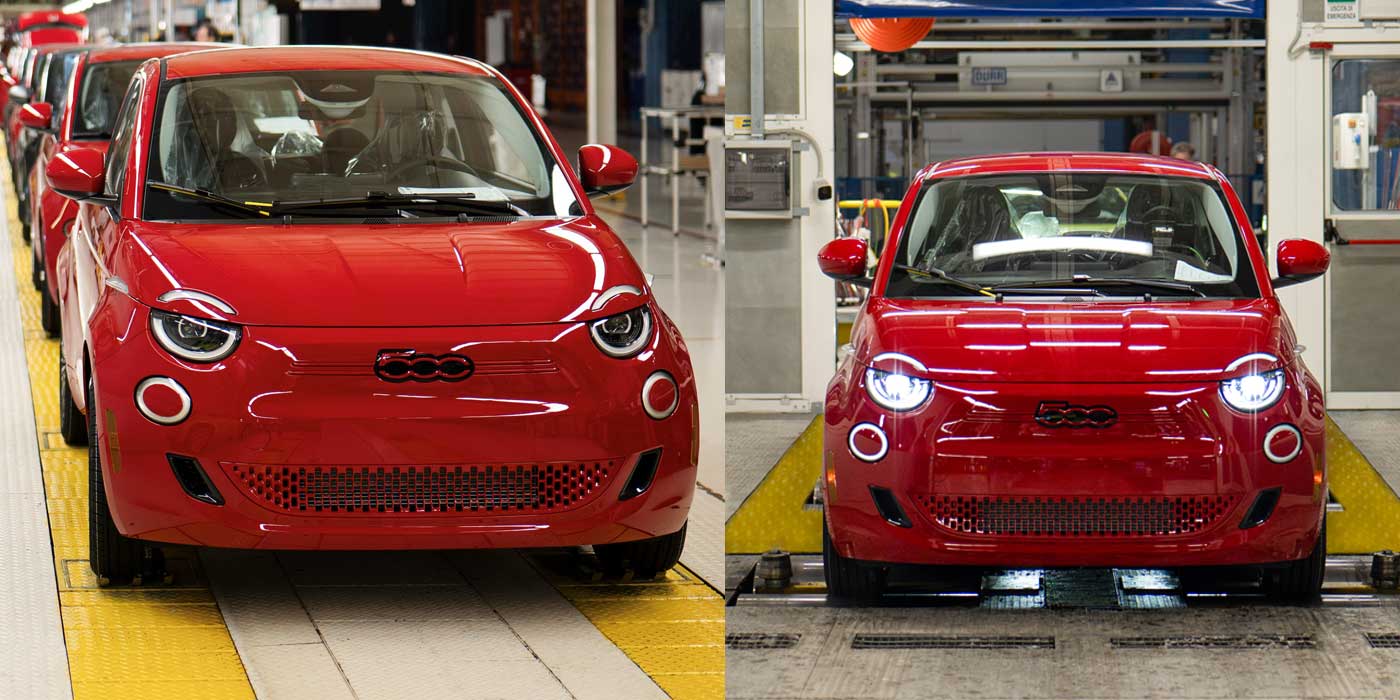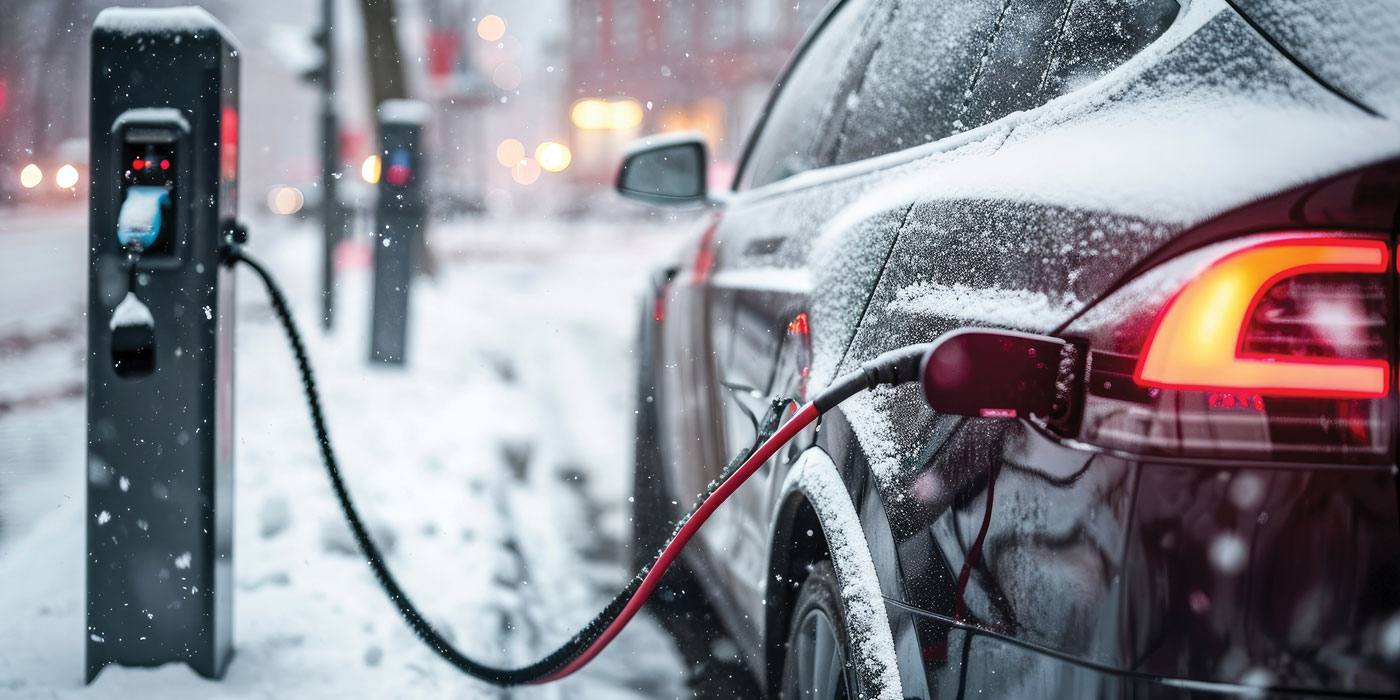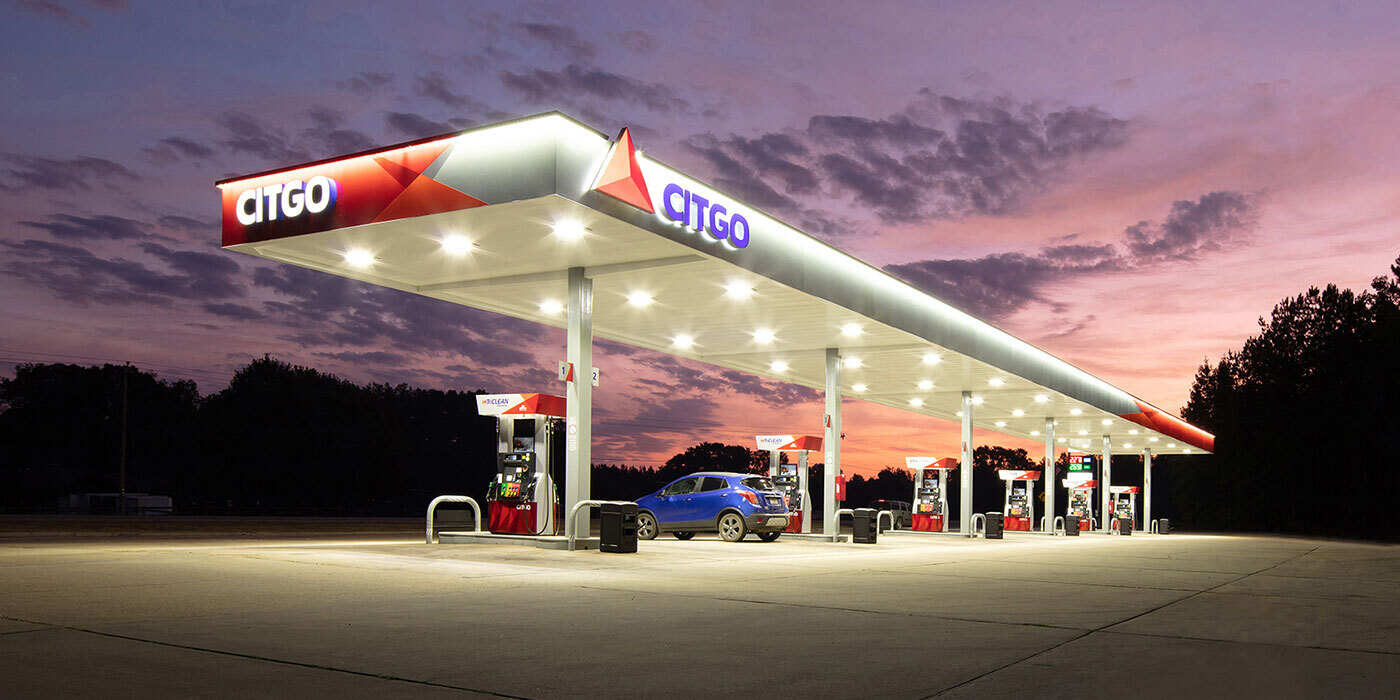UL Solutions has announced plans to open a new battery-testing laboratory in Auburn Hills, Michigan, in mid-2024.
When completed, the facility will be one of the most extensive battery-testing and engineering laboratories in North America, according to the company.
UL Solutions’ expert battery engineers and laboratory staff will test electric-vehicle (EV) and industrial-battery products for compliance with safety and performance requirements for the U.S. and global markets.
The new laboratory will be located in the Auburn Hills Oakland Technology Park complex near Detroit. The facility will house state-of-the-art battery-test equipment so UL Solutions can deliver safety testing and performance services for automotive and industrial OEMs and their suppliers.
Services will include:
- Testing capabilities at the battery-cell, module and full-pack level for thermal propagation
- Fire testing
- Design verification and product validation
- Electrical, mechanical, abuse and environmental testing based on various UL and International Electrotechnical Commission standards, United Nations goals and initiatives and Society of Automotive Engineers and OEM specifications.
“The global surge in electrification, especially in mobility, has elevated the focus on the safety of batteries,” said Jennifer Scanlon, president and CEO, UL Solutions. “UL Solutions’ investment in Michigan is the next step in our broader Midwest and global strategy to establish hubs in critical automotive markets that support the EV eco-system in the safe, secure and sustainable commercialization of related technologies.”
According to the 2022 EY Mobility Consumer Index, consumers’ preference for EV technology continues to grow. The study revealed more than half of those surveyed, 52%, intend to buy a fully electric, plug-in hybrid or hybrid vehicle. The U.S. Department of Energy states that electric vehicle battery manufacturing capacity in North America in 2030 is projected to be nearly 20 times greater than in 2021 to meet the growing demand.
A wave of new EV battery plants will increase capacity from 55 gigawatt-hours per year (GWh/year) in 2021 to nearly 1,000 GWh/year by 2030. By 2030, production capacity will be able to support roughly 10 million to 13 million all-electric vehicles per year. To optimize supply chain logistics, many battery production facilities will be co-located with automotive assembly plants, with Michigan seeing the highest growth.

